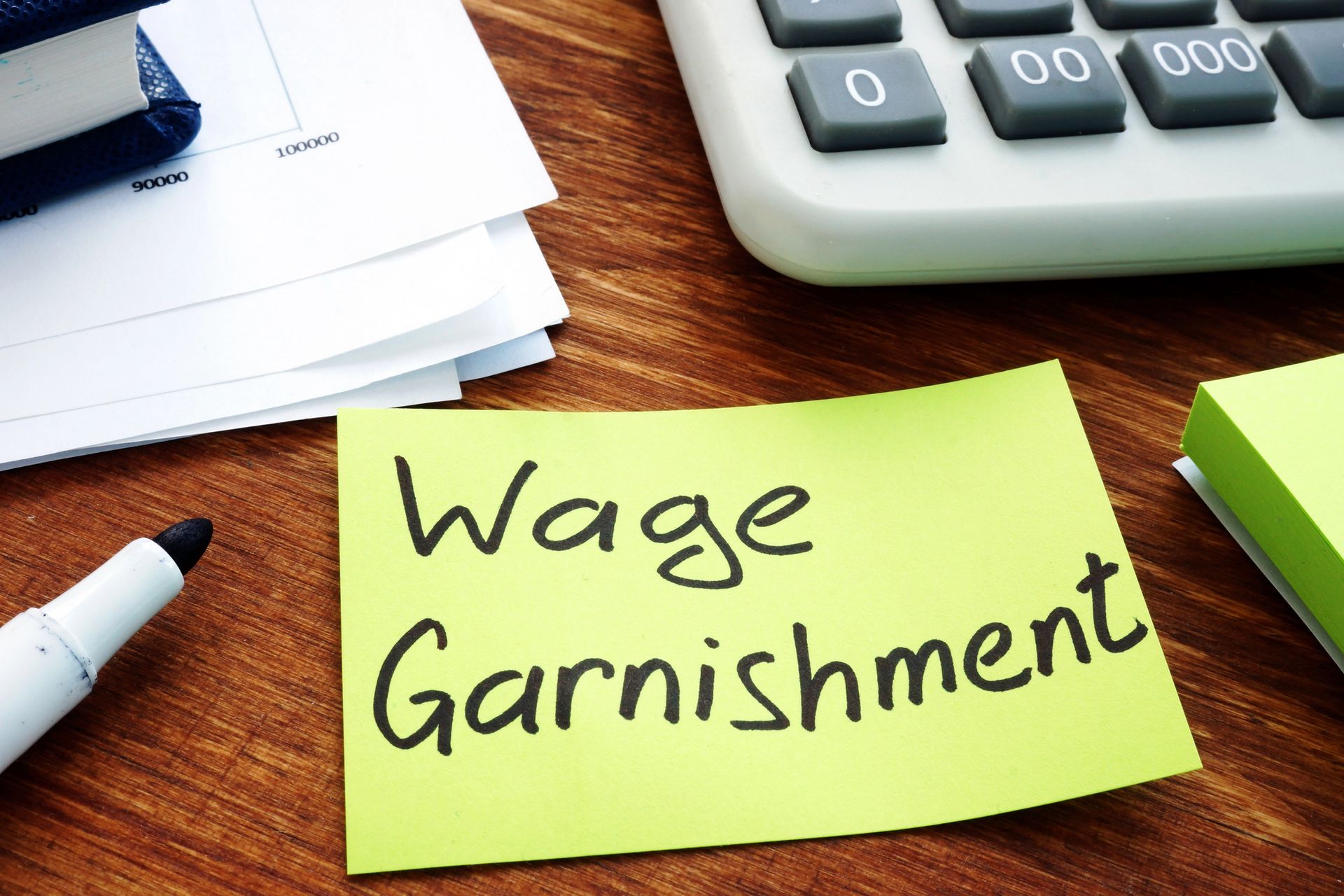3. Wage Garnishment Begins: If no action is taken, the IRS notifies your employer to start withholding a portion of your paycheck.
How Much Can the IRS Garnish?
The IRS doesn’t take your entire paycheck but rather a portion based on exemptions determined by federal law. The amount exempt from garnishment depends on factors like your filing status and the number of dependents you claim. However, the exempt amount is typically minimal, and the garnishment can leave you struggling to cover basic living expenses.
For example, if your monthly income is $4,000 and your exempt amount is $1,000, the IRS can garnish up to $3,000 of your wages each month.
Steps to Avoid or Stop Wage Garnishment
If you’ve received a notice from the IRS or are already experiencing wage garnishment, there are several actions you can take to protect your paycheck:
1. Address the Problem Immediately
Ignoring IRS notices will only worsen the situation. As soon as you receive a Notice of Intent to Levy, take it seriously and act promptly
2. Request a Collection Due Process (CDP) Hearing
If you receive a Final Notice of Intent to Levy, you have 30 days to request a CDP hearing. This hearing gives you the opportunity to present your case, negotiate a resolution, or contest the garnishment.
3. Enter into a Payment Agreement
One of the most effective ways to stop wage garnishment is to enter into a payment agreement with the IRS. This could include:
• Installment Agreement: Spread your payments over time to resolve the debt in manageable installments.
• Offer in Compromise (OIC): Settle your tax debt for less than the full amount owed if you qualify.
• Currently Not Collectible (CNC) Status: Temporarily halt collection efforts if you’re experiencing significant financial hardship.
4. Request Penalty Abatement
If your tax debt includes penalties for late filing or payment, you may be able to request penalty abatement. This can reduce the overall amount you owe and make it easier to resolve your debt.
5. Seek Professional Help
Dealing with the IRS can be overwhelming, especially when facing wage garnishment. A tax resolution specialist can negotiate on your behalf, develop a strategy for resolving your debt, and work to stop the garnishment quickly.
How to Prevent Wage Garnishment
The best way to avoid wage garnishment is to address tax issues before they escalate. Here are some preventative steps you can take:
1. File Your Taxes on Time
Late or missing tax returns can trigger IRS enforcement actions. Ensure you file your taxes on time each year to avoid penalties and collection efforts.
2. Pay What You Owe or Set Up a Payment Plan
If you can’t pay your taxes in full, don’t ignore the debt. Contact the IRS to discuss payment plan options that fit your budget.
3. Respond to IRS Notices
Ignoring IRS notices won’t make the problem go away. Promptly respond to any correspondence and take the necessary steps to resolve the issue.
4. Work with a Tax Professional
A tax professional can help you stay compliant with tax laws, address potential issues early, and develop a plan to manage your taxes effectively.
What to Do If Wage Garnishment Has Already Begun
If the IRS has already started garnishing your wages, don’t despair—you still have options to stop or reduce the garnishment:
• Negotiate a Payment Plan: Contact the IRS to discuss payment options and request that the garnishment be lifted in exchange for entering into a payment agreement.
• Prove Financial Hardship: If the garnishment is causing significant financial hardship, you may be able to convince the IRS to stop or reduce the garnishment.
• Pay the Debt in Full: If possible, paying the debt in full will immediately stop the garnishment.
• Appeal the Garnishment: If you believe the garnishment is unjustified or inaccurate, you can appeal the IRS’s decision.
Taking these steps with the guidance of a tax resolution specialist can help you regain control of your finances and stop the garnishment as quickly as possible.
Conclusion
Wage garnishment can be a stressful and financially draining experience, but it’s not the end of the road. By acting promptly and seeking professional help, you can stop or avoid garnishment, resolve your tax debt, and regain financial stability.
If you’re facing wage garnishment or want to avoid it altogether, don’t wait—call
IRS Tax Fighters
at 281-962-0070 to discuss your options with an experienced tax resolution specialist. Let us help you take the first step toward resolving your tax issues and protecting your paycheck.


